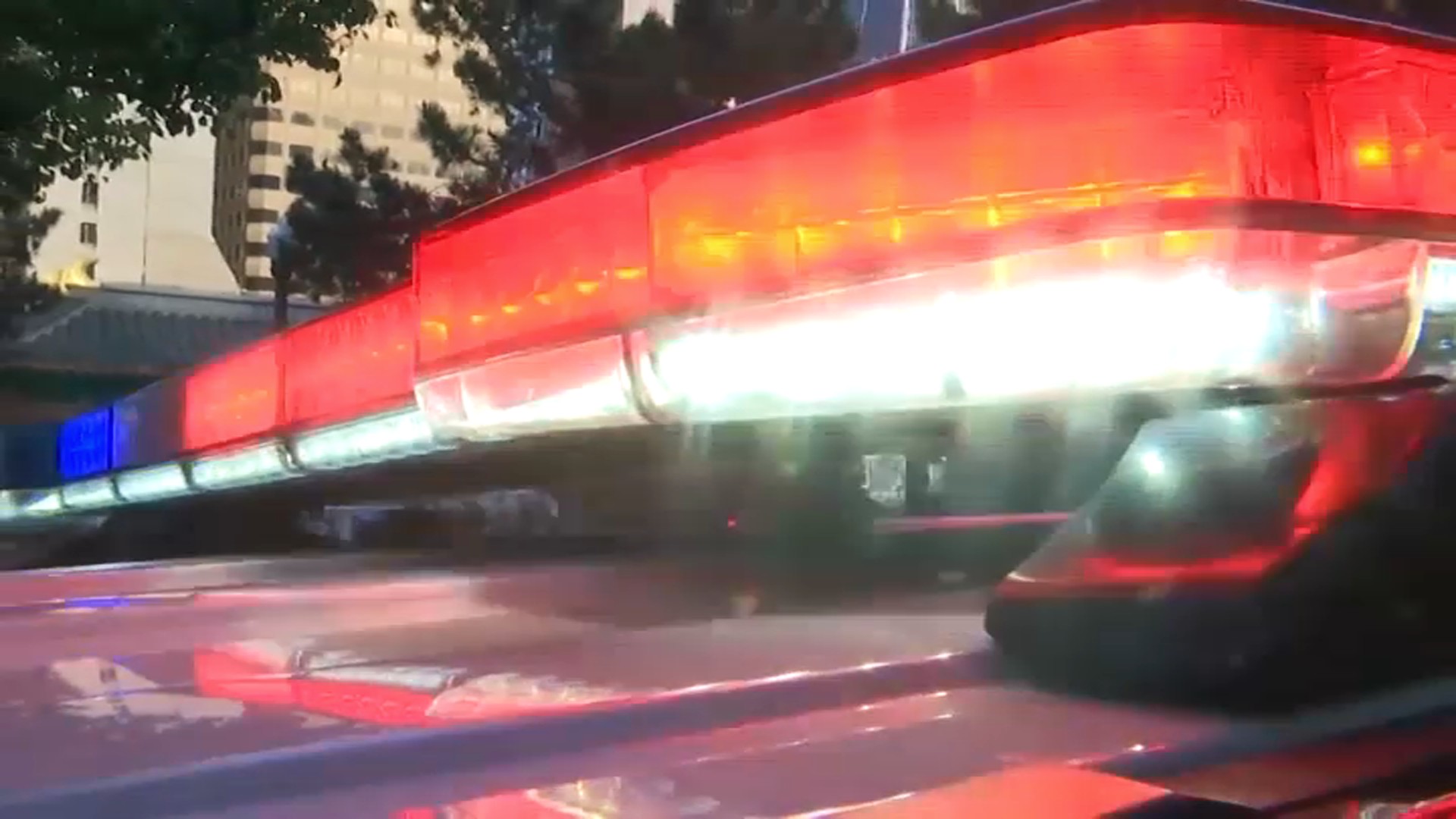Investigators have seen the number of cases involving inappropriate relationships between teachers and students climb steadily in recent years, but criminal convictions for such behavior remain rare, experts told a Texas Senate panel Monday.
That disclosure came as the chamber's powerful Education Committee began discussing ways to curb inappropriate classroom relationships ahead of the 2017 legislative session. Senators are studying the possible impacts of limiting teacher-student social media contact, as well as increased teacher and school administrator training and changes to investigation and enforcement techniques.
The number of teacher-student relationships investigated by the Texas Education Agency has increased for seven straight years, from 123 in fiscal year 2008-2009 to 188 this past fiscal year.
Doug Phillips, the agency's director of educator investigations, didn't have exact figures but estimated that the most recent fiscal year's investigations led to perhaps 100 people arrested.
"Convictions are pretty rare, in fact, really rare," Phillips said.
Seven school districts in North Texas have investigated teachers this year. Each case led to an arrest, and each school district took action.
"I actually had two investigations going on at the same time," said Pete Ferrara, chief of police for the Quinlan Independent School District. "It's become an epidemic now. If you look in the media, almost daily there's a teacher arrested for this."
Local
The latest news from around North Texas.
Ferrara said his district is working to stop the problem by putting new policies in place.
"One of the common threads that we see in every one of these teacher-student cases is there's an excess of communication," he said. "It usually involves cell phones and text messages between the employee and the student."
As a result, he's led the effort to change the way teachers communicate with students. Teachers now use a messaging services that does not reveal phone numbers. The messaging services is also electronically monitored.
"It's disheartening to see the rise in educators having these kind of relationships," he said.
David Thompson, a University of Texas at San Antonio professor who has studied and written about Texas teachers' code of ethics, said any text messages sent from a teacher to a student should be automatically forwarded to parents and the teacher's supervisor.
He said social media was helping foster inappropriate relationships since "it provides the adult educator with what amounts to unsupervised access to students."
But Jamie Wilson, superintendent for Denton schools, was quick to remind the committee, "I think it's really difficult to legislate appropriate behavior."
"We have to put some parameters in place," he said, "but to think that you can control for every single thing that could ever happen is not real."
NBC 5's Eric King contributed to this report.



